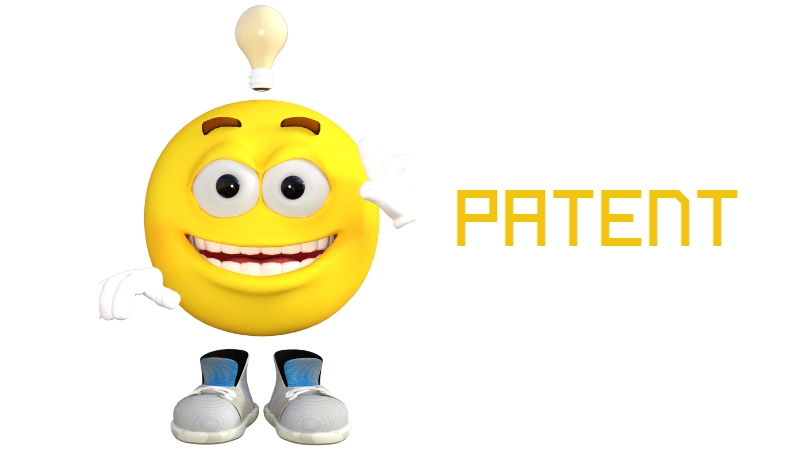That’s the million-dollar question. Unfortunately, patent attorney cannot answer that for you. Patent attorneys are experts at obtaining patent protection for their clients and are not in the business of product evaluation and marketing research.
In general, you are a much better judge than your attorney at determining the value of your invention. Presumably, you have some knowledge of the field of art to which your invention pertains. In developing your invention, you may want to research related products that are currently available and analyze the differences between them and your invention. You may want to talk to those who market similar products and have some feel for the market size. On caveat, do not reveal your invention to others without first consulting with your patent agency, such as InventHelp, or a patent attorney as such disclosures could effect your ability to obtain patent protection.
What is a Patent
Simply, a patent is a personal property right granted by a government that gives the owner an exclusive right to prevent others from making, using or selling a claimed invention for a certain period of time. In the United States, the term of a utility patent grant is 20 years from the date of filing a patent application and the term of a design patent is 14 years from the date of the design patent grant.
Of particular note, a patent does not convey to the holder the right to make, use or sell their invention. Rather it only prevents others from making, using or selling the invention. In certain circumstances a patent owner may be prevented from making, using or selling his/her invention because the invention is also covered by another patent owned by someone else.

For example, lets assume you invented a pencil with an eraser on it, and no one else had ever put an eraser on top of a pencil. You apply for and receive a patent. Now, nobody can make your pencil with an eraser without your OK. But lets also assume the pencil was invented a few years before and another inventor owns the patent on the pencil. Your pencil has all the features of the other inventor’s pencil except you have added the eraser.
Unfortunately, your pencil reads on his patent and you must get permission from him before you can make your pencil. In the real world of business, you would probably approach the other inventor and reach some sort of agreement so that you can have your pencil produced and sold. Perhaps, you would have to license his pencil patent and give him a percentage of the revenues generated from the sale of your pencil with an eraser.
In reality, more often than not, no one else will hold a patent that prevents you from producing your invention, but the prudent inventor is wise to have his/her patent agency like InventHelp or a patent attorney review the patent references identified in a patent search to not only determine whether your invention is patentable, but also whether your invention will likely infringe another’s patent if it is made, used or sold. You should also be careful when choosing your patent agency or a lawyer, you should do some research. You can find a lot of InventHelp reviews online so you can learn more about the company and how they can help you.
While both patent attorneys and patent agents can legally provide advice on whether a particular patent is patentable, only attorneys, preferably patent attorneys, can provide advice about whether your invention might infringe another patent.